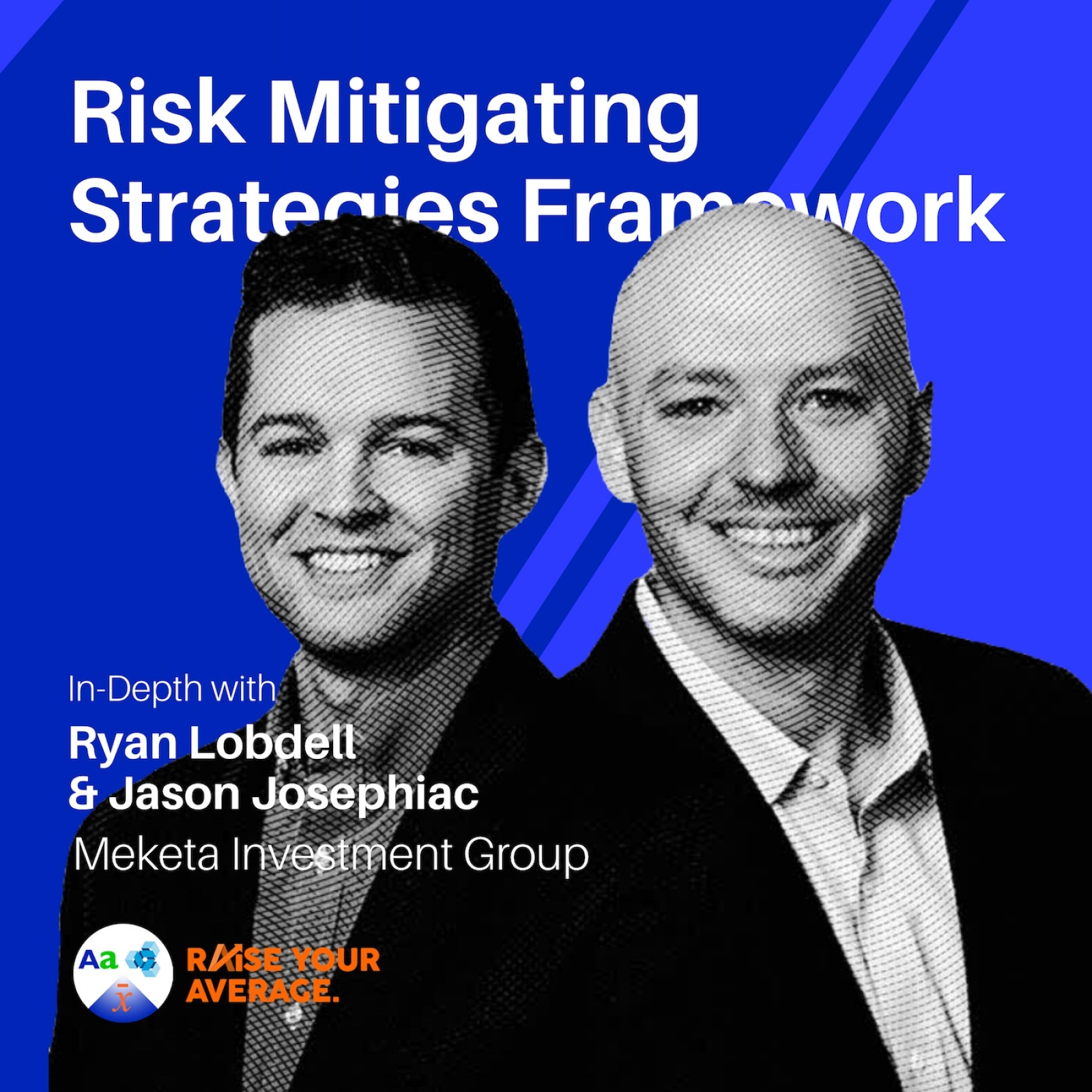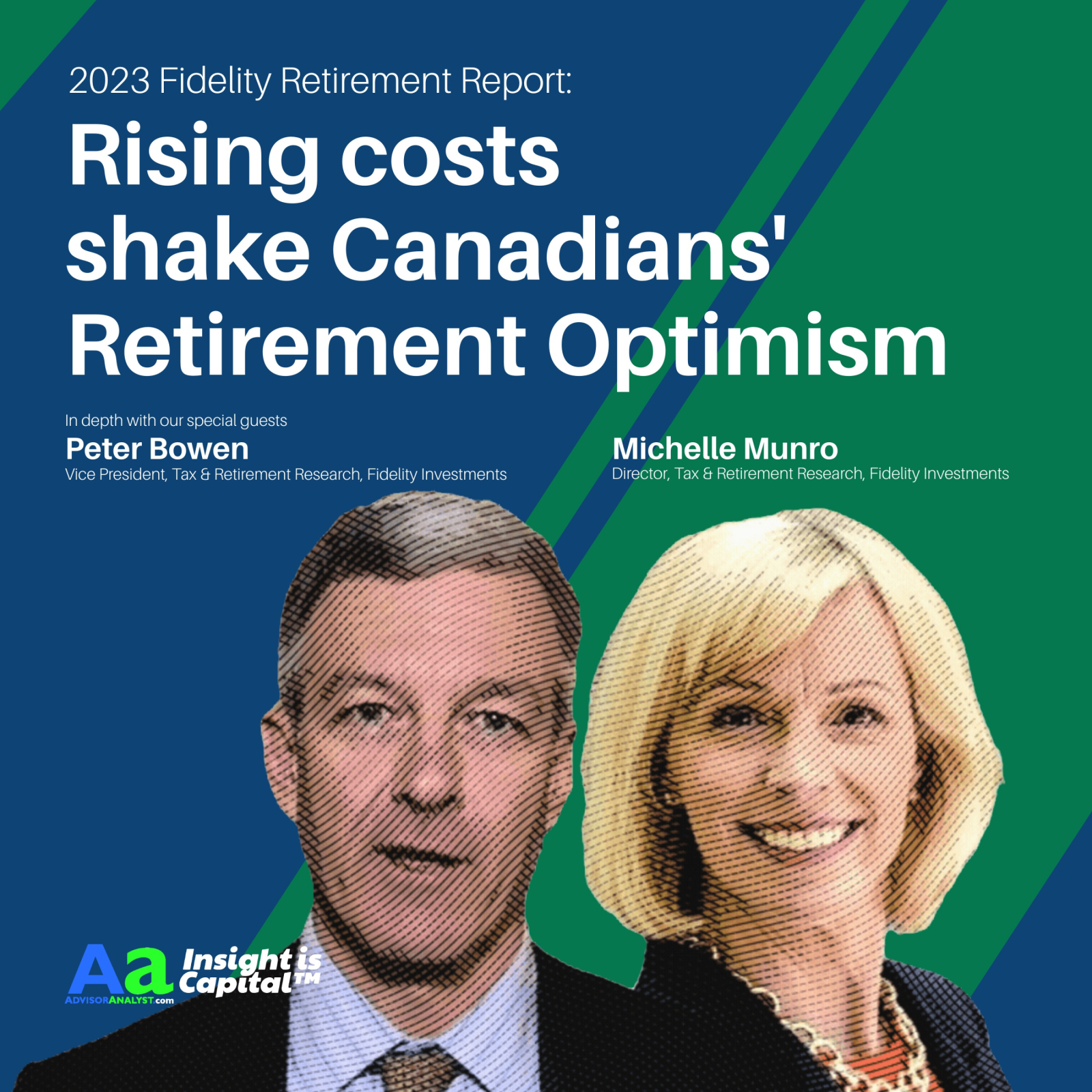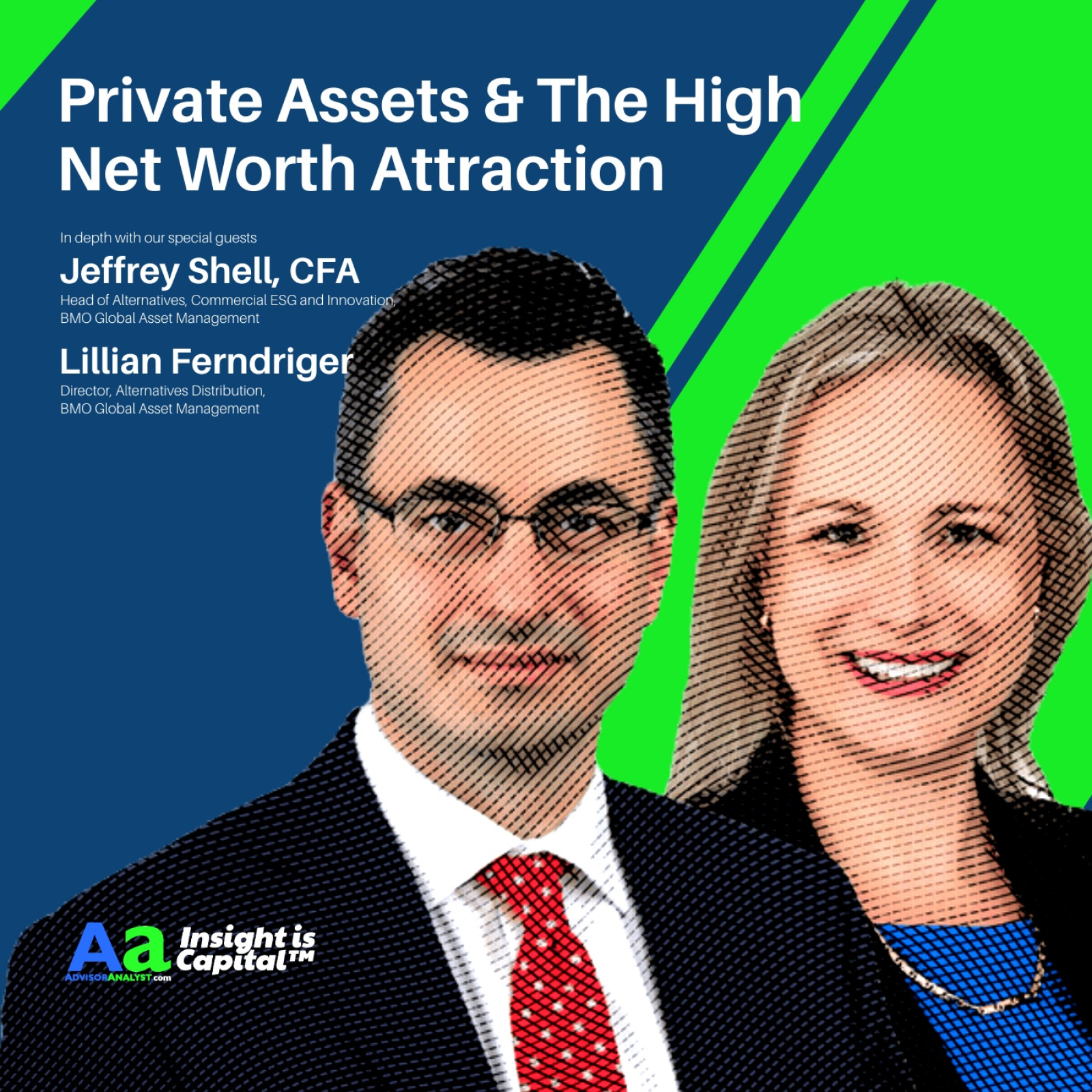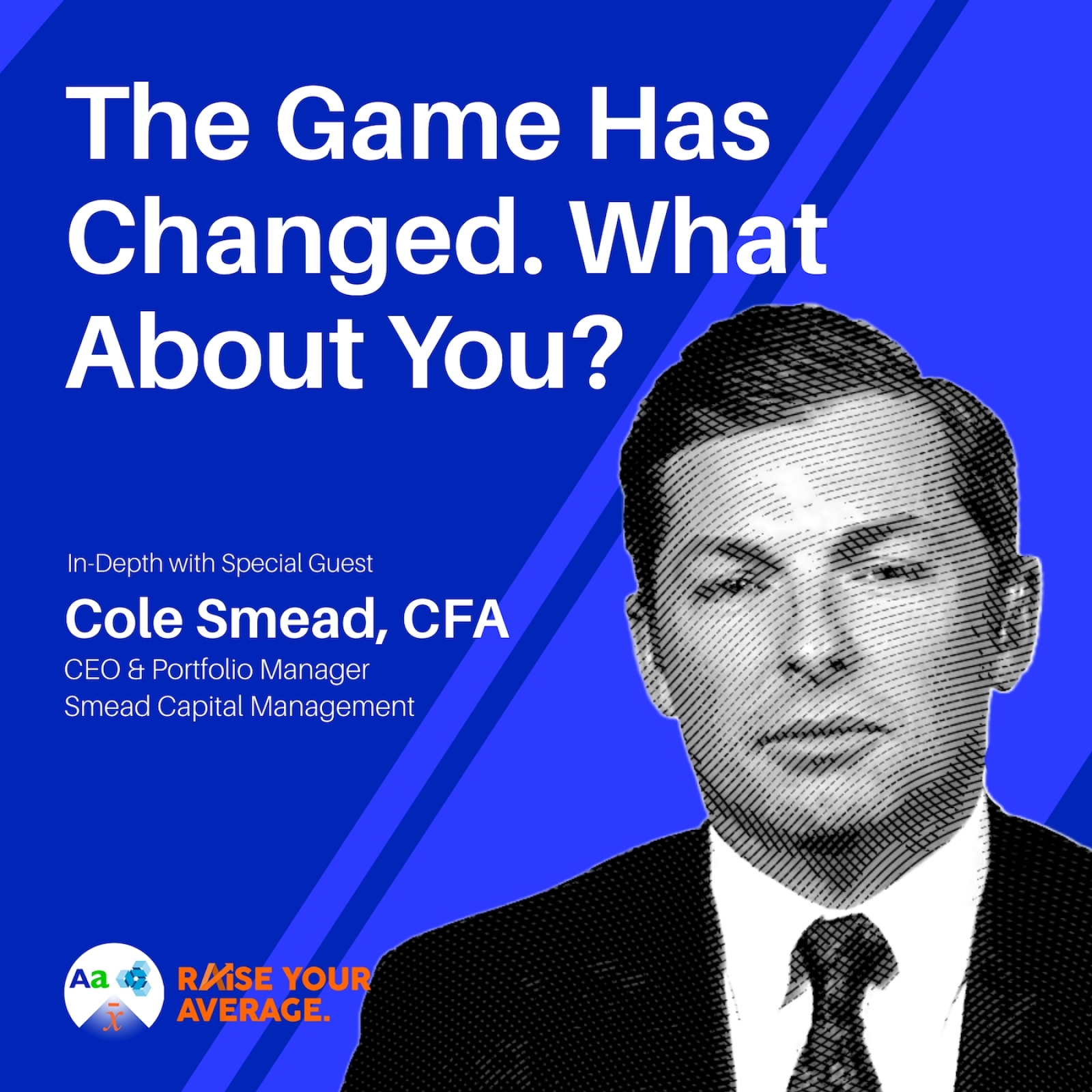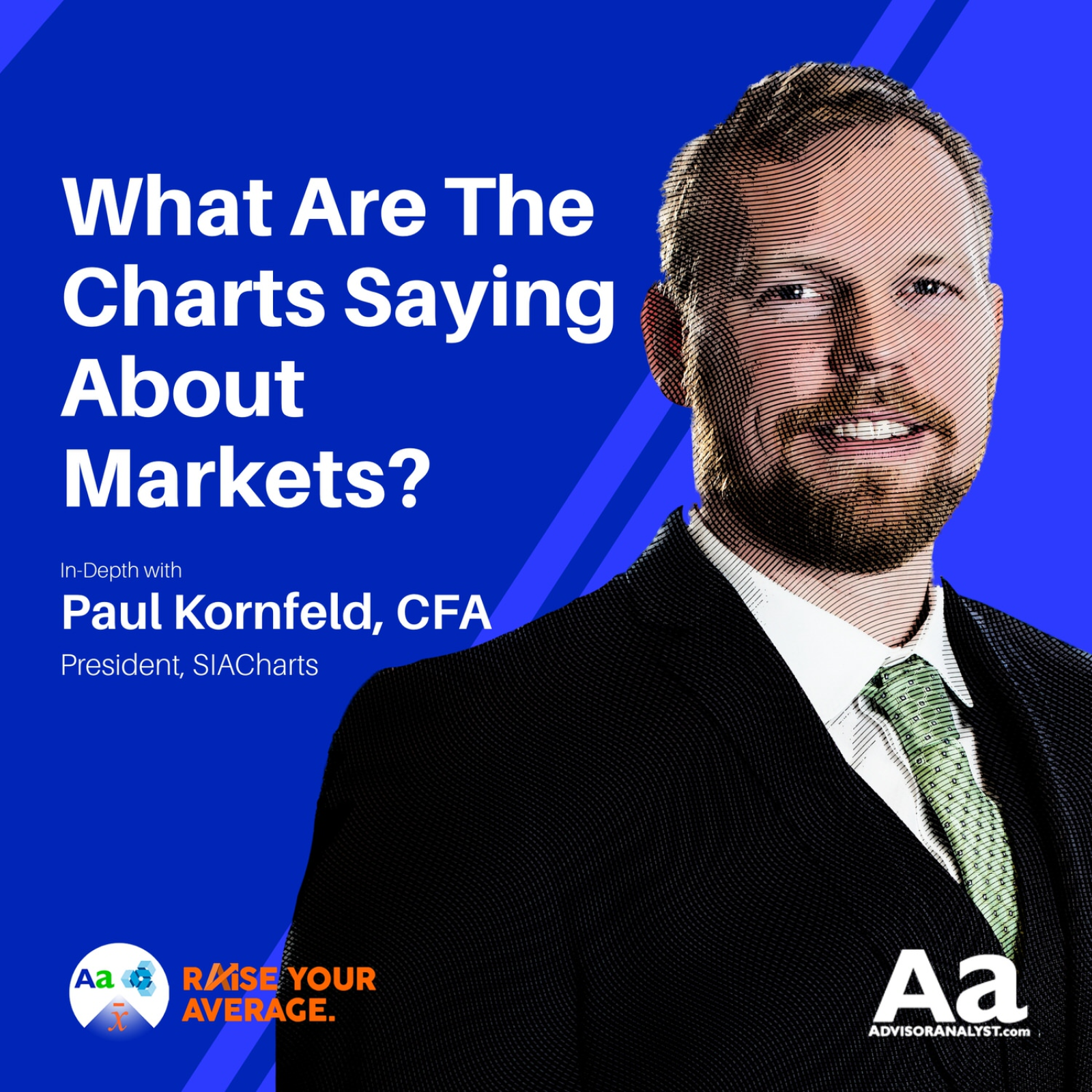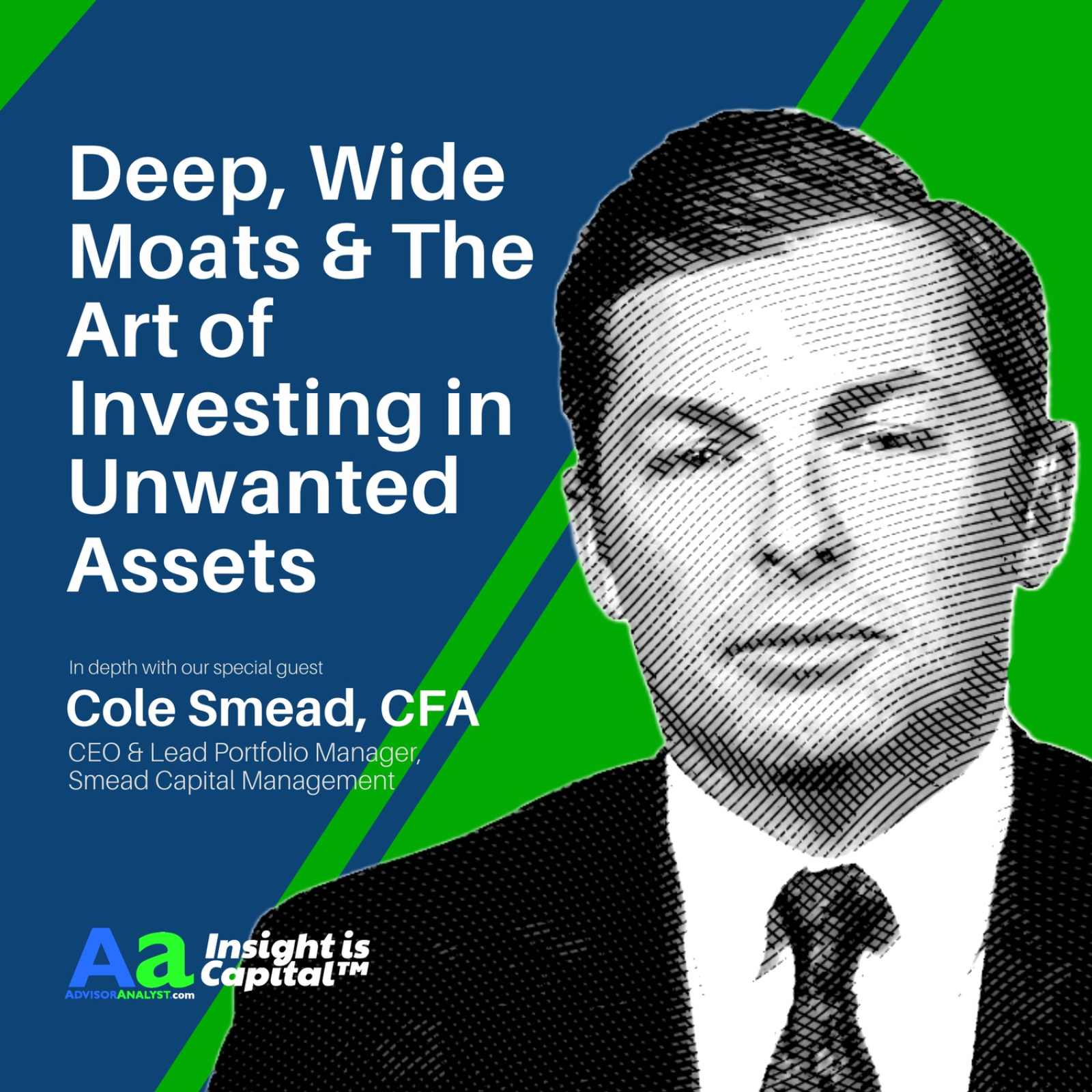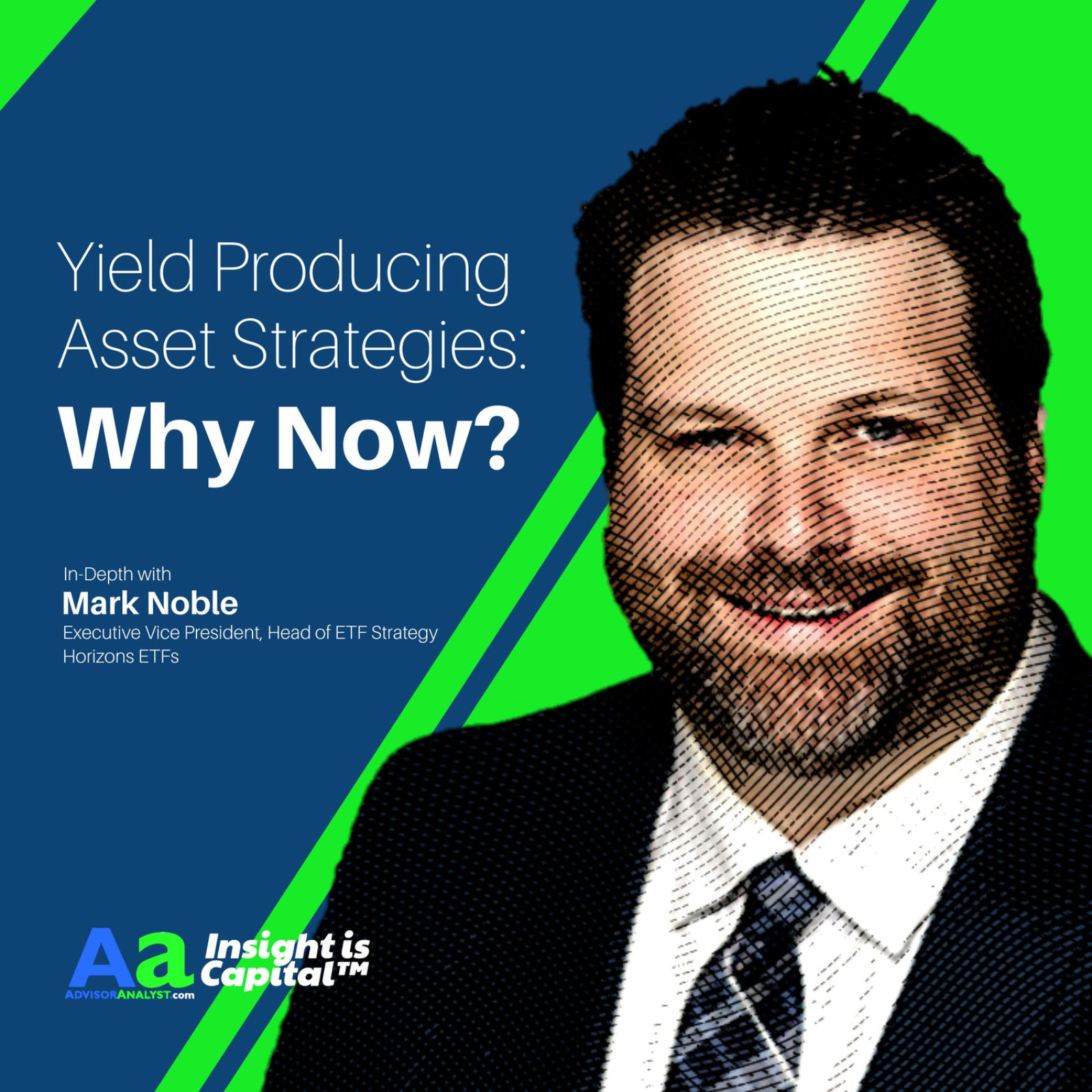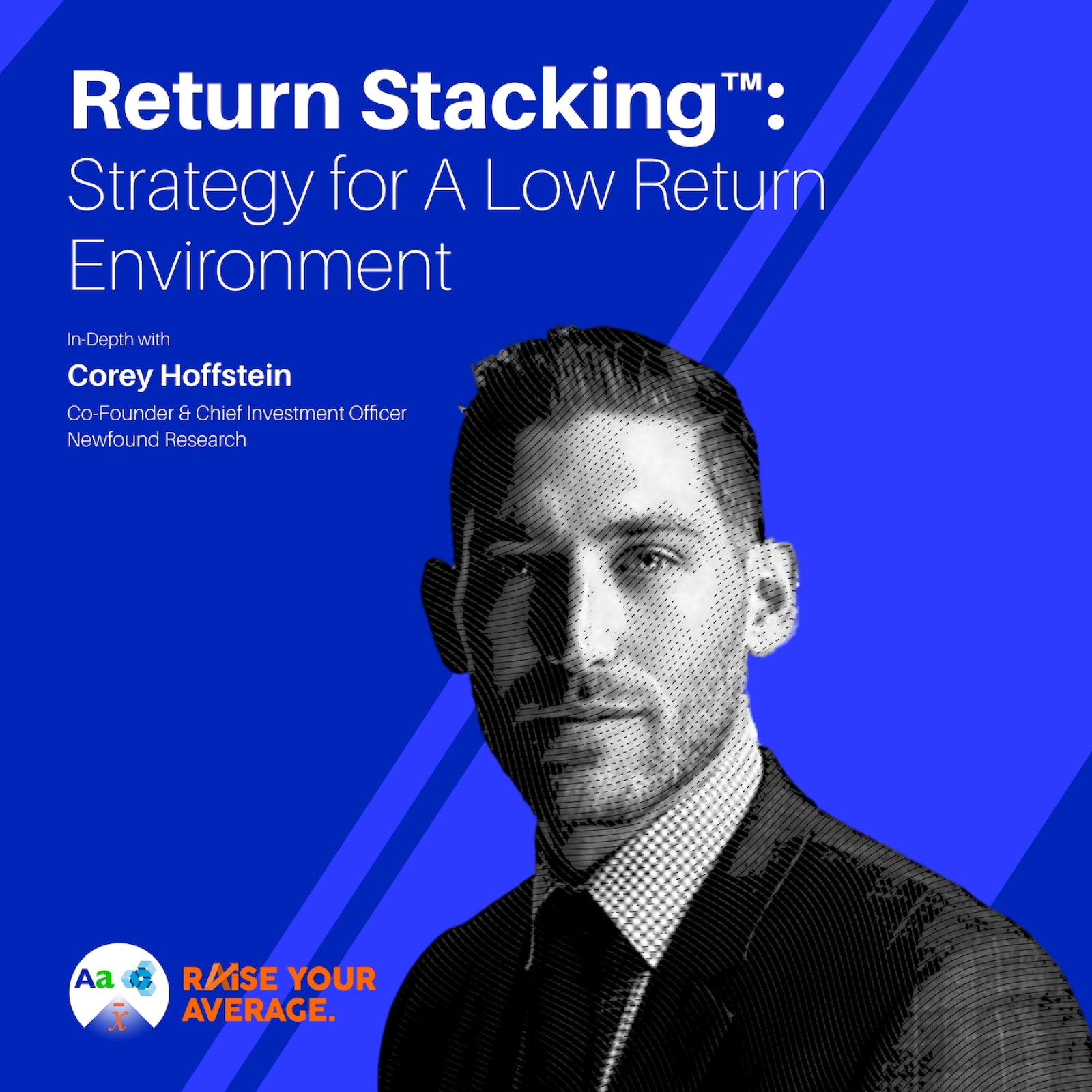Cole Smead, CEO & Portfolio Manager at Smead Capital Management joins us for a fascinating conversation. “Investing is not just about buying stocks and hoping they go up in value. It requires strategic thinking, planning, and a willingness to learn about niche industries,” says Smead.
In this new podcast episode, Smead discusses the importance of seeking out profitable opportunities by investing in industries (the energy sector is their current focus) that other investors are not playing. He calls this “mafia investing,” and believes that this strategy can lead to high returns and the possibility of becoming “insanely wealthy.”
Smead instead chooses to be one among a choice of ten shrewd investors, rather than one among a million average investors.
He cites the example of the oil tanker market, where high steel prices have led to a shortage of supply and higher cash rates for those still in operation. He also notes that there are opportunities to become billionaires in commodity businesses that may not be popular, such as the coal business.
Smead emphasizes the need for active investors to earn their profits through the learning process and by studying successful capital allocators and billionaires. He recommends the book “The King of Oil” by Daniel Amman, to listeners, which, among others, intensified his interest in commodities.
To clarify, Smead Capital Management are ‘go anywhere’ investors, but one of areas that has become the current focus of their long term strategy is the energy sector.
Overall, Smead’s investment philosophy emphasizes the importance of strategic thinking, planning, and a willingness to learn about niche industries. By seeking out profitable opportunities in these industries, investors can potentially achieve high returns and become “insanely wealthy.”
This was a fascinating conversation. Buckle up and thank you for listening.
Timestamped Highlights:
Background
Background and Investment Philosophy [00:01:54] Cole Smead discusses the genesis of Smead Capital Management and his investment philosophy, including the eight criteria used to find investment opportunities.
Starting in the Investment Business [00:02:30] Cole Smead talks about how his father’s legacy and teachings inspired him to get into the investment business.
Investing in stocks [00:05:16] Cole Smead talks about his early interest in investing in stocks and how it drove him to pursue a career in the investment business.
Experience and learnings
Psychology of markets [00:06:40] Smead shares his experience of the late 1990s and how it left a huge impression of the psychology of markets and how damaging they can be.
Disagreement with markets [00:08:05] Smead discusses the huge rewards of being in disagreement with markets at times with businesses that produce good economics and how people forget about those ideals.
Bear Market Rallies [00:10:21] Speaker 1 discusses the nature of bear market rallies and how they can frustrate investors.
Top 10 Market Caps by Decade [00:11:49] Speaker 1 talks about how the top 10 market caps by decade have historically underperformed the S&P 500, and how this affects investment probabilities.
Active Investing [00:14:28] Pierre and Cole discuss the negative sentiment towards active investing in recent years and how macro and fundamental factors have been overlooked.
Active Investing is Dead? [00:15:29] Discussion on the dispersion of returns within the index and the belief that active investing is dead.
Flexibility of Investing [00:17:03] Importance of being flexible in investing and not limiting oneself to certain industries or sectors.
Sticking to Investment Philosophy [00:20:18] The history of Smead Capital Management and their investment philosophy of active management and concentration.
Importance of Reading [00:22:52] Cole Smead and Pierre Daillie discuss the importance of reading and how it inspires their work.
Technology is Bullish on Oil
The Jevons Paradox [00:24:08] Cole Smead explains the Jevons Paradox and how it relates to energy efficiency and consumption.
Efficiency and Energy Usage [00:25:42] Cole Smead discusses how technological efficiency does not necessarily lead to a decrease in energy usage, using the example of LED light bulbs and the laser. In fact, it has tended to lead to maximum use of efficiency – i.e. energy enables more technology and more technology unlocks demand for more energy, and so on.
Energy usage and economic growth [00:26:36] Discussion on the relationship between energy usage and economic growth, and the potential consequences of going back to lower levels of economic growth.
Electricity usage and technology infrastructure [00:28:58] The potential shortfall in electricity usage versus growth of technology infrastructure, and the risks of having too little energy.
Germany’s last nuclear reactor [00:32:29] Germany’s closure of its last nuclear reactor and the implications of relying on different sources of electricity.
Nuclear vs Oil and Gas [00:34:19] Comparison between nuclear and oil and gas as the most economic forms of energy, and the geopolitical risks of nuclear energy.
Renewable Energy [00:37:15] Discussion about the economic return of $3 trillion spent globally on renewables, the least concentrated form of energy being solar, and the concentrated form of energy being gasoline.
Electric vs Combustion Engines [00:38:54] Cole Smead discusses the benefits and risks of electric and combustion engines, and predicts a hybrid world for cars.
Continued Energy Shortages [00:40:20] Cole Smead and Eric Al discuss the inventory shortfalls and the need for more energy, warning against governments’ calls for less investment.
Long-Term Holdings [00:40:57] Cole Smead shares the story behind his key long-term holdings, including the importance of paying attention to great capital allocators and the value of longer duration assets in the oil and gas industry.
Long-dated asset production [00:44:12] Cole Smead discusses the importance of long-dated asset production and the potential for consolidation in the oil and gas industry.
Capital allocation [00:44:54] Smead explains the importance of capital allocation in the oil and gas industry and the benefits of buying back stocks.
Borrowing Knowledge
Investing as a liberal art [00:47:29] Smead and Daillie discuss the importance of learning and education in investing, and how it is the last liberal art.
Interest and Passion in Investing [00:49:21] Cole and Pierre discuss the importance of being interested and passionate about investing, as it requires a significant investment of time.
Underinvestment in Energy [00:50:35] Cole and Pierre talk about the underinvestment in energy over the past 10 years, leading to shortages in new production and the need for significant catch-up investment.
The Coming Consolidation in the Energy Industry
Consolidation in the Energy Industry [00:54:08] The speakers discuss the potential for consolidation in the energy industry, with many small Canadian companies having less than $3 billion in market cap, and the benefits of acquiring existing assets versus developing new ones.
Fractured dollar system [00:55:39] Cole discusses how the post-pandemic and post-Ukraine world has created niche opportunities to make money in the oil and gas business, such as the oil tanker market.
Studying successful investors [00:56:21] Cole emphasizes the importance of studying successful investors and capital caterers, such as John Fredericks and Harold Ham in the oil and gas business, and Jay Gould, the railroad baron.
Investing in coal [00:57:40] Cole talks about how he learned about the coal business and how there are good economics in the coal business, which has created billionaires in the last 10 years.
Consolidation and Active Investing [00:59:37] Cole Smead discusses how consolidation feeds into the moat idea and how active investors should seek to earn profits.
Investment Philosophy: Commodity Businesses [01:00:17] Smead explains how he uses a negative art approach to investing in commodity businesses, particularly in the coal industry.
The Glencore / Teck Takeover
Tech and Glencore’s Bid for Teck [01:04:28] Pierre Daillie asks for Cole Smead’s thoughts on Glencore’s bid for Tech and how it seeks to take advantage of ESG.
The Genesis of Interest in Commodities [01:04:54] Cole Smead discusses his interest in commodities and how reading the book “The King of Oil” intensified his interest.
The Dual Commodity World [01:05:44] Smead explains the dual commodity world and how companies like Tech Resources are trying to detach themselves from coal to focus on copper.
Glencore’s Coal Business [01:08:38] Smead discusses Glencore’s coal business and how they plan to spin it off, while still owning it and paying out 100% of the income or free cash flow of the business.
Conclusion
Extracting High Returns [01:10:15] Cole Smead talks about his investment philosophy of extracting high returns in places where other people don’t want to invest.
============================================
Where to find Cole Smead and Smead Capital Management
============================================
Cole Smead on Linkedin
Smead Capital Management Blog
Smead Capital A Book With Legs Podcast
Copyright © AdvisorAnalyst.com
